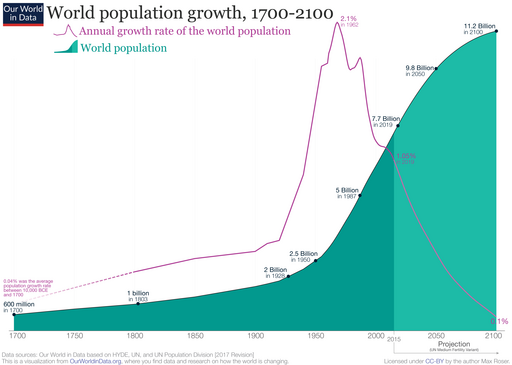
On December 17, the US House Select Subcommittee on the Coronavirus Crisis released a series of emails between outgoing National Institute of Health Director Francis Collins and Anthony Fauci of the National Institute of Allergy and Infectious Diseases.
In the emails, Collins refers to the authors of something called “The Great Barrington Declaration” as “fringe epidemiologists” and states his desire for “a quick and devastating published takedown” of its premises.
Collins defended his characterization and call for action on Fox News Sunday, telling host Bret Baier that “hundreds of thousands of people would have died” if the Declaration’s recommendations (strong measures for the protection of the elderly and otherwise vulnerable, leaving the rest of us to achieve herd immunity through widespread infection) had been followed.
I’m reminded of something William F. Buckley, Jr. said about the 1964 presidential election, which US Senator Barry Goldwater lost to President Lyndon Baines Johnson: “They told me if I voted for Goldwater we’d be at war in Vietnam in six months and I did and we were.”
I supported the Great Barrington Declaration — and hundreds of thousands died. Not because US policymakers implemented the Declaration’s recommendations, but either because of, or in spite of, US policymakers following the recommendations of Collins, Fauci, and others.
The question isn’t which set of recommendations would have produced better outcomes. It’s whether science should be reduced to the status of handmaid to bureaucratic diktat, with scientists whose findings don’t support that diktat marginalized through the influence of those same bureaucrats.
How “fringe” are the authors of the Great Barrington Declaration?
Sunetra Gupta is a professor of theoretical epidemiology at the University of Oxford. She earned a bachelor’s degree in biology from Princeton and a PhD from Imperial College London (her doctoral thesis title: “Heterogeneity and the transmission dynamics of infectious diseases”).
Jayanta “Jay” Bhattacharya is a professor of medicine at Stanford University, where he’s earned four degrees, including an MD.
Martin Kulldorff is a professor of medicine at Harvard Medical School, with a bachelor of science from Sweden’s Umea University in mathematical statistics and a PhD from Cornell in operations research. He sits on scientific advisory committees for the US Food and Drug Administration and Centers for Disease Control.
Agree with their recommendations or not, neither their credentials nor their policy positions qualify as “fringe” by any reasonable definition. Their only real offense was disagreeing, on what they considered relevant scientific grounds, with policies advocated by Francis Collins.
“Francis Collins has spoken” was neither good science nor a good up-or-down test for determining the quality of public policy recommendations. Freedom of scientific inquiry and unconstrained public discussion of the alternatives are too important to sacrifice on the altar of technocracy.
Thomas L. Knapp (Twitter: @thomaslknapp) is director and senior news analyst at the William Lloyd Garrison Center for Libertarian Advocacy Journalism (thegarrisoncenter.org). He lives and works in north central Florida.
PUBLICATION HISTORY


